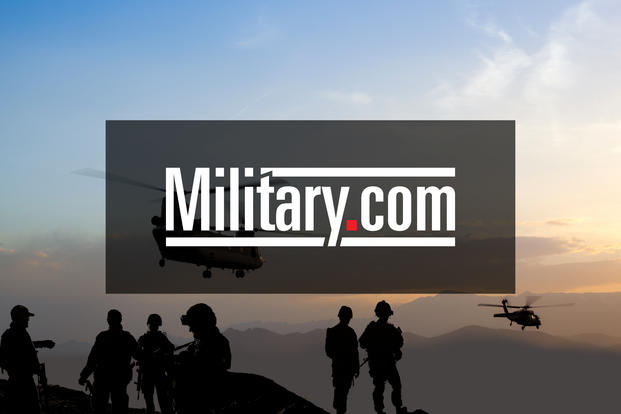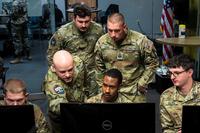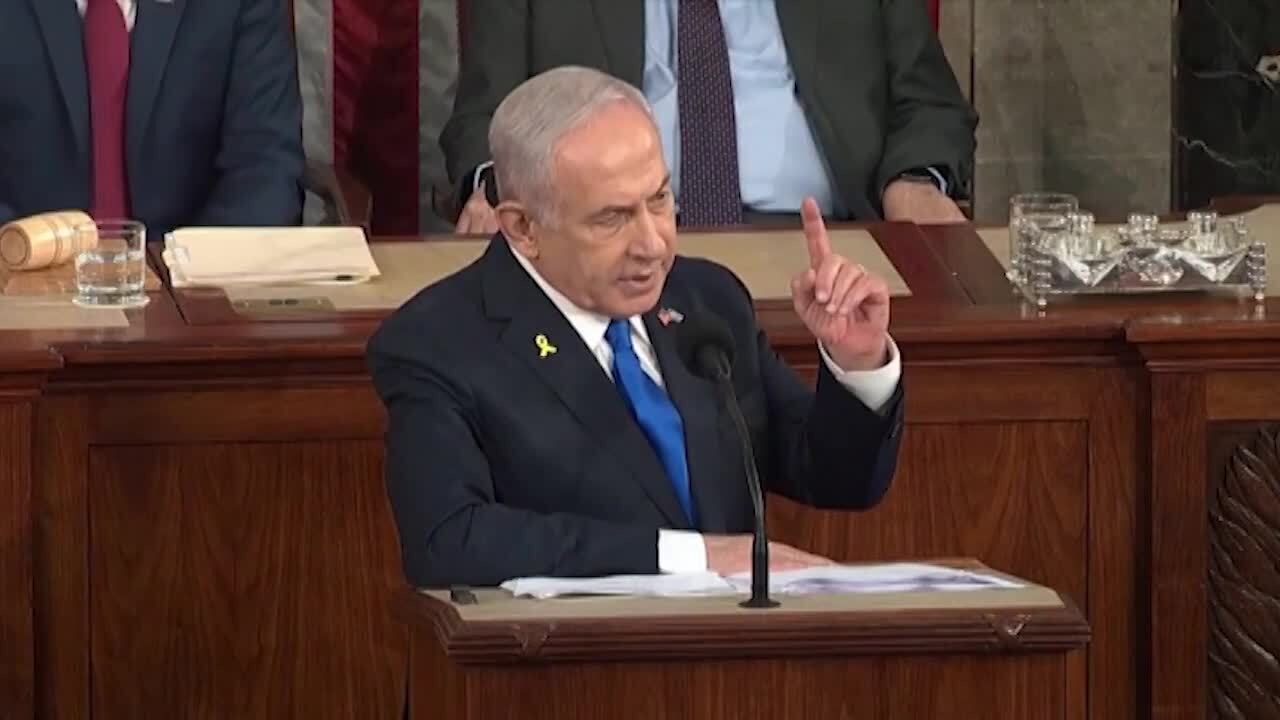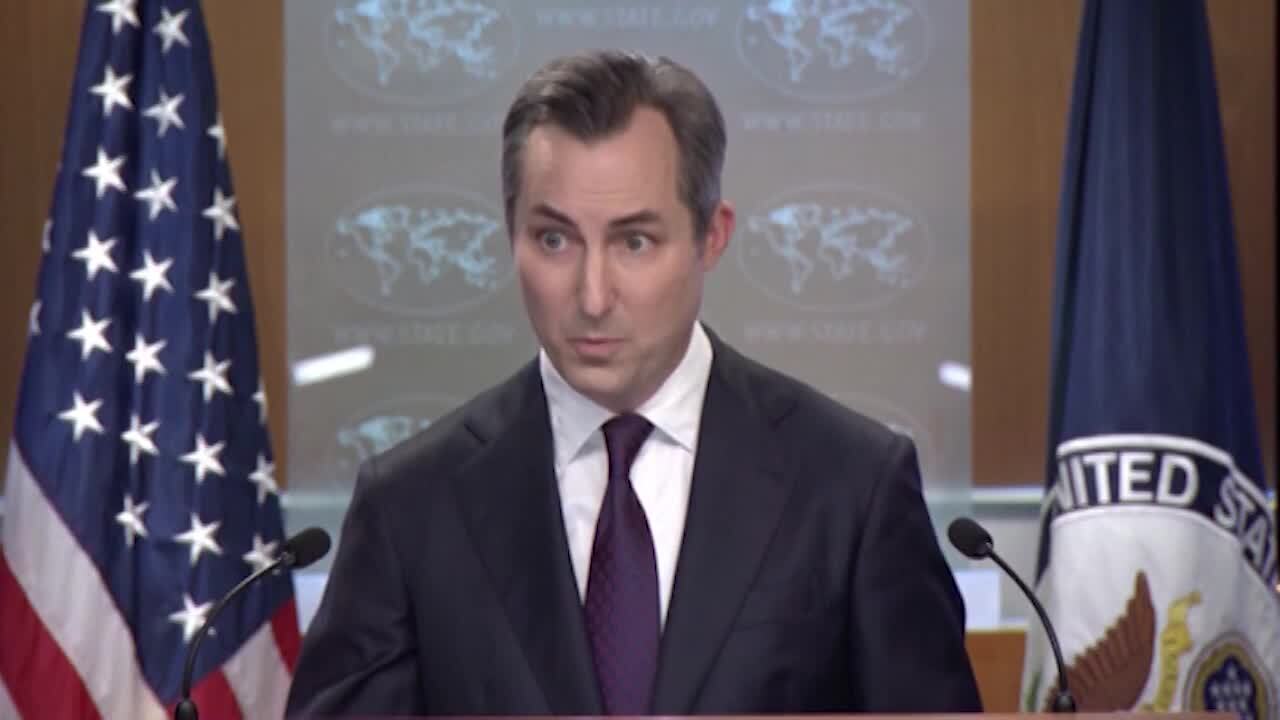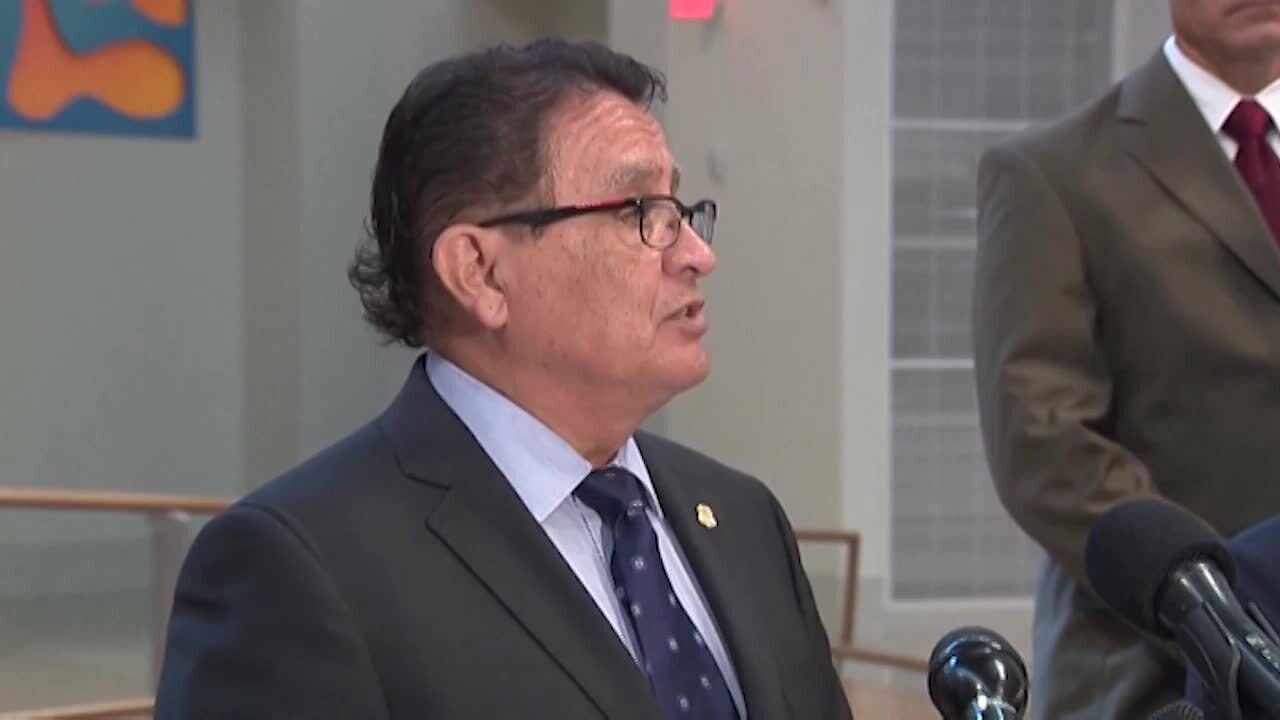The U.S. was reduced to the role of concerned bystander Tuesday as NATO-ally Turkey met in Moscow with Iran and Russia to plot Syria's fate following the fall of Aleppo and the assassination of Russia's ambassador to Turkey.
"We weren't invited," State Department spokesman John Kirby said of the Moscow meeting of foreign ministers, but Secretary of State John Kerry made follow-up phone calls to his Russian and Turkish counterparts for readouts of what was discussed.
"The Secretary doesn't see this as a snub at all," Kirby said, and if the Moscow talks can somehow lead to a ceasefire, then "the Secretary is perfectly fine with him not being in the room."
However, a joint statement issued after the talks and remarks by Russian Defense Minister Sergei Shoigu and others made clear that President Vladimir Putin viewed the Russia-Iran-Turkey partnership as a new power broker "troika" which would replace U.S. leadership in the Middle East.
Russian Foreign Minister Sergei Lavrov, Turkish Foreign Minister Mehmet Cavosoglu and Iranian Foreign Minister Javad Sharif agreed in the joint statement to "express their willingness to help the Syrian government and the opposition draft a (peace) agreement and act as its guarantors," Lavrov said.
Shoigu said the immediate goal of the "Moscow Declaration" was to achieve a ceasefire in Syria's five-year-old civil war which has killed more than 400,000, displaced more than 10 million and led to a refugee crisis in Europe that has destabilized governments.
"All previous attempts by the United States and its partners to agree on coordinated actions were doomed to failure. None of them wielded real influence over the situation on the ground," Shoigu said.
Despite the joint statement, Cavusoglu described a major point of disagreement with Russia and Iran on arrangements for a Syrian ceasefire, particularly on the role of Lebanese Hezbollah fighters who have been instrumental in the success of the regime forces of Syrian President Bashar al-Assad.
Cavusoglu said that the Shiite Hezbollah backed by Iran, the Islamic State of Iran and Syria and the Jabhat Fatah al-Sham group, formerly known as the al-Nusra Front and linked to al-Qaida, should not be covered by a ceasefire and should be targeted.
Lavrov said that some groups operating in Syria such as Hezbollah "were invited by the government of Bashar al-Assad." Zarif, Iran's main negotiator in the nuclear deal with the U.S. and others, said he respected Turkey's position on Hezbollah but "other countries don't accept it."
The Moscow talks came a day after Andrei Karlov, Russia's ambassador to Turkey, was assassinated in an Ankara art gallery by a gunman, later identified as a 22-year-old off-duty Turkish riot police officer, who shouted "Don't forget Aleppo, Don't forget Syria."
Karlov had been credited with patching up relations with Turkish President Recep Tayyip Erdogan after a Turkish F-16 last year downed a Russian Su-24 warplane near the Turkey-Syria border. Both Erdogan and Putin made statements saying that the assassination would not stop the "normalization" process between the two countries.
At the regular State Department briefing Tuesday, Kirby said that Kerry would remain "100 percent" involved in seeking a political solution to Syria's civil war in his remaining days in office, and he denied that the U.S. role as the indispensable power in the Middle East had been diminished or replaced by Russia and it new allies.
"There's not a diminution of U.S. leadership or influence in the Middle East," Kirby said. "The U.S. still remains heavily engaged. The U.S. still has a robust military presence there, and I don't see that changing."
However, the fall of Aleppo and Turkey's alliance with Russia had implications for the presence of 300-500 mostly U.S. Special Forces troops in northeastern Syria who were now engaged in supporting a drive on Raqaa, the self-proclaimed ISIS capital, by a mixed Kurdish and Arab militia known as the Syrian Democratic Forces.
In recent weeks, U.S. military officials on the record and on background have expressed concerns over where the Syrian regime forces backed by Russia and Iran would move next after Aleppo, and those concerns were echoed earlier this week by retired Army Gen. David Petraeus.
The U.S. military officials described three possible scenarios for Assad's forces; they could move northwest against rebel forces in Idlib province, where many of the Aleppo refugees have fled; they could move northeast towards al-Bab, where Turkish forces have been trying to oust ISIS; or they could move east to retake Palmyra and open a corridor between Palmyra and the Syrian border with Iraq.
Under any scenario, "I think it portends more bloodshed," Petraeus said in remarks at George Washington University, "and it also may portend a situation where Humpty Dumpty can't be put back together again" in the form of a viable, Syrian government.
"It is hard to see," Petraeus said. "I don't have a sense that Bashar al-Assad and the Shia militia and even Russian airpower necessarily will enable him to conquer all the remaining elements."
The already complicated situation in Syria, with myriad groups battling Assad and sometimes each other, has been complicated further by doubts about the intentions of the U.S.
The U.S. has opposed the creation of safe zones and no-fly zones that would involve the deployment of substantial numbers of ground troops, but President-elect Donald Trump has continued to argue for safe zones.
At a rally in Pennsylvania last week, Trump said, “When I look at what's going on in Syria, it's so sad, it's so sad, and we're going to help people."
Trump said the money for the safe zones would come from the Gulf states. "They have nothing but money," he said. "We don't have money," We owe $20 trillion. I will get the Gulf states to give us lots of money, and we'll build and help build safe zones in Syria, so people can have a chance. So they can have a chance."
R. Nicholas Burns, the former U.S. ambassador to NATO, said Trump was adding to the confusion over who speaks for the U.S. in the Mideast, and he should keep his thoughts on policy to himself until he is inaugurated.
"He has complicated things," Burns said on MSNBC. Those in the Mideast were "now hearing two competing voices" from the U.S.
However, Burns agreed that the U.S. has lost power and influence in the Mideast, as evidenced by the U.S. absence from the talks in Moscow. "We were the dominant diplomatic power. Now, we're not even at the table," Burns said.
-- Richard Sisk can be reached at richard.sisk@military.com
